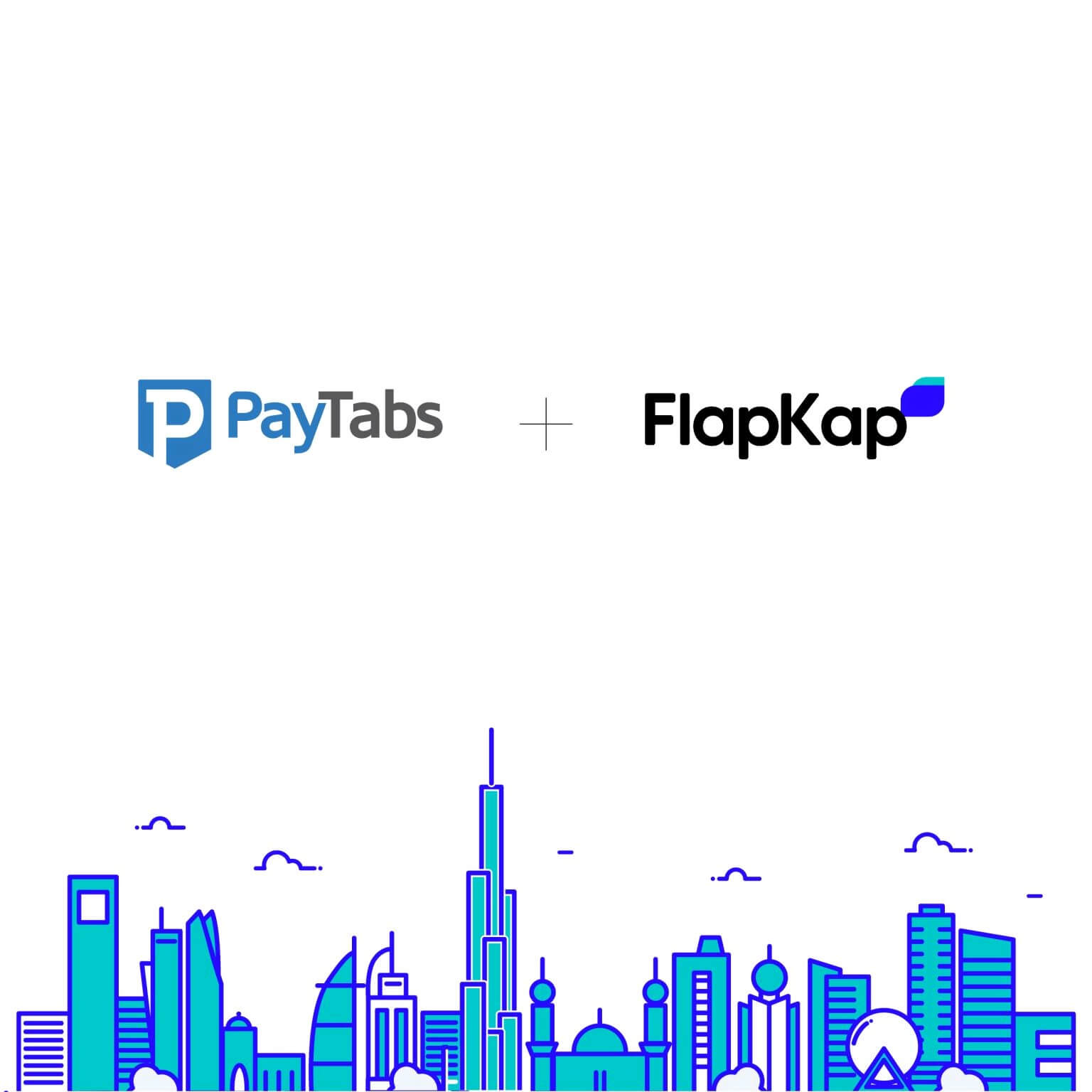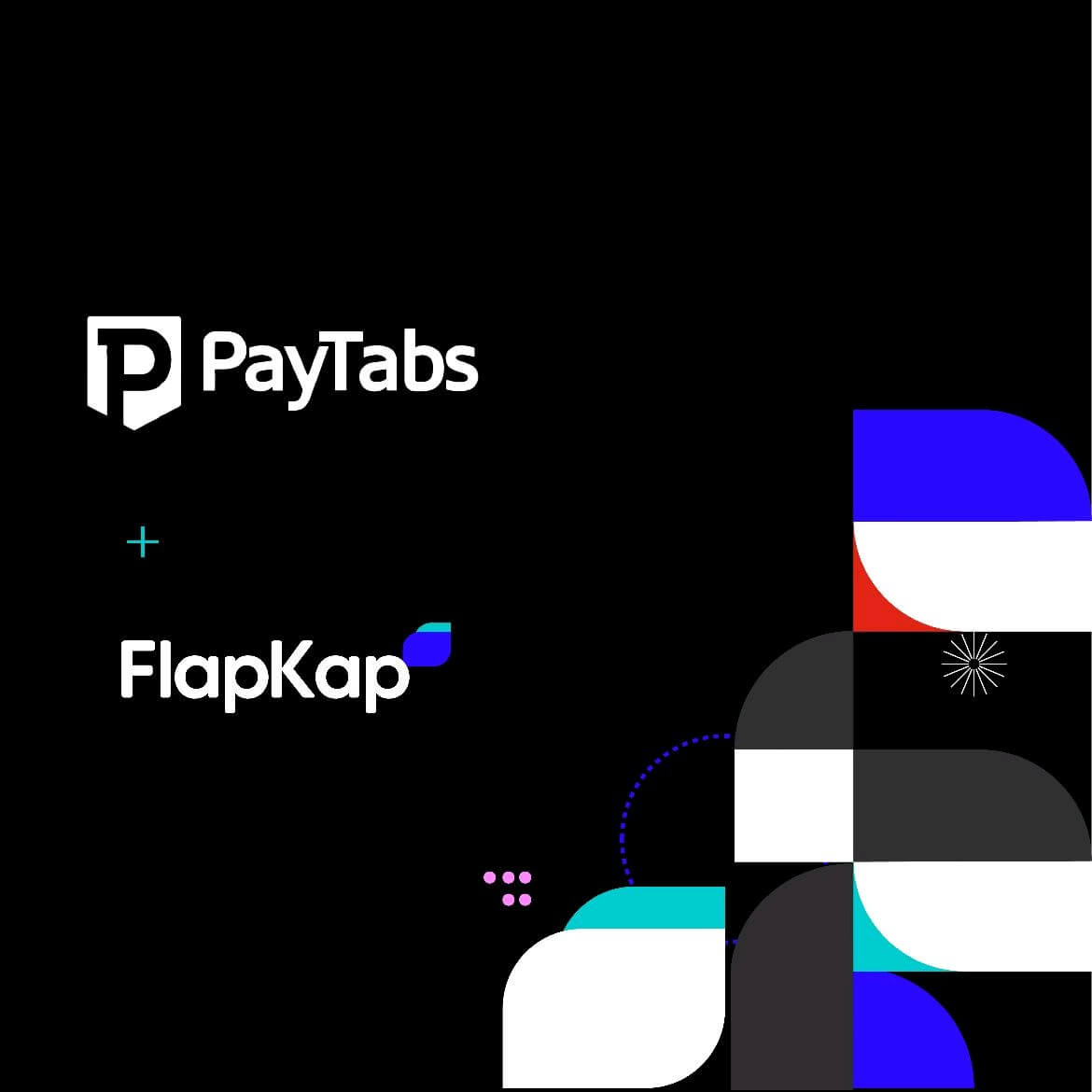Streamlining Financial Transactions via Payment Orchestration

In today’s fast-paced digital world, payment processes play a vital part in the success of establishments. Payment processes are often complex, time-consuming, and require careful attention to ensure financial data security. Payment orchestration is a powerful tool that simplifies payment processes by consolidating multiple payment methods into one platform, streamlining payment processes, and increasing security. In this post, we will discuss what payment orchestration denotes, the benefits of payment orchestration platforms, choosing a provider, and how payment orchestration works.
What is Payment Orchestration?
Payment orchestration is a solution that simplifies the payment process by consolidating multiple payment methods into a single platform. This platform connects merchants to various payment service providers, gateways, and methods, enabling them to process payments from multiple sources through a single integration.
Payment orchestration provides a unified payment infrastructure that enables merchants to manage all payment-related activities from a single point of control, eliminating the need for them to manage multiple payment integrations and allowing them to offer a wide range of payment methods to their customers. It also offers advanced security features that protect both merchants and their customers from fraud and data breaches. These features include fraud detection, tokenization, and encryption, ensuring that sensitive financial data is protected at all times. Additionally, it provides benefits such as streamlined payment processes, increased security, access to a wide range of payment methods, cost savings, improved customer experience, and valuable data insights.
By leveraging payment orchestration, merchants can optimize their payment processes, reduce payment-related errors and delays, and offer their customers a more personalized payment experience. Overall, payment orchestration offers a powerful payment processing solution that simplifies payment processes, reduces costs, improves security, and provides a better payment experience for merchants and their customers.
The Benefits of a Payment Orchestration Platform
A payment orchestration platform provides several benefits to merchants, including:
Streamlined Payment Processes
One of the most significant benefits of payment orchestration is that it simplifies payment processes. Payment orchestration platforms allow merchants to manage multiple payment methods through a single platform. This eliminates the need to manage different payment integrations, reducing the risk of errors and delays. By consolidating payment methods into a single platform, payment orchestration streamlines the payment process and ensures that payments are processed quickly and efficiently.
Increased Security
Payment orchestration platforms offer advanced security features such as encryption, fraud detection, and tokenization. These features protect sensitive financial data, lowering the risk of fraud and data breaches. With the increasing risk of cyber threats and data breaches, security is a top priority for merchants. Payment orchestration provides a secure payment process that protects merchants as well as their customers.
Access to a Wide Range of Payment Methods
A payment orchestration platform offers access to a wide array of payment methods, including credit cards, debit cards, e-wallets, bank transfers, and more. This allows merchants to offer a range of payment options to their customers, increasing customer satisfaction and sales. By providing a range of payment methods, merchants can cater to their customers’ preferences and offer a more personalized payment experience.
Cost Savings
A payment orchestration platform can help merchants save money by reducing the cost of payment processing. By consolidating multiple payment methods into a single platform, merchants can benefit from economies of scale, reducing transaction fees and other costs. It also helps merchants avoid costly errors and delays, reducing the risk of chargebacks and refunds.
Improved Customer Experience
Payment orchestration platforms provide a seamless payment experience for customers. As a range of payment options are offered, customers can choose the method that suits them best. Payment orchestration also ensures that payments are processed quickly and efficiently, decreasing the risk of errors or delays. This enhances customer satisfaction, which leads to an increase in the likelihood of repeat business.
Data Insights
Payment orchestration platforms provide merchants with valuable data insights. Merchants can analyze payment data to gain insights into customer behavior, preferences, and trends. This data can be used to optimize payment processes, improve customer experience, and increase sales.
Choosing a Payment Orchestration Platform Provider
When choosing a payment orchestration platform provider, merchants should consider several factors, including:
- Integration Capabilities: Merchants should choose a provider that offers seamless integration with their existing systems and payment methods.
- Security Features: Merchants should select a provider offering advanced security features to protect sensitive financial data.
- Range of Payment Methods: Merchants should opt for a provider that offers access to a wide range of payment methods to cater to their customers’ preferences.
- Support: Merchants should pick a provider offering reliable and responsive support to resolve any issues or concerns.
How does Payments Orchestration Work?
Payment orchestration works by consolidating multiple payment methods into a single platform. Merchants integrate their existing systems with their chosen payment orchestration platform, which connects to various payment service providers and payment methods. When a customer makes a payment, the payment orchestration platform determines the best payment method based on multiple factors, such as the customer’s location, currency, and payment preferences. The platform then securely processes the payment and transfers the funds to the merchant’s account.
Conclusion
Payment orchestration offers a robust payment processing solution that simplifies payment processes, reduces costs, improves security, and provides a better payment experience for both merchants and customers. These platforms connect merchants to various payment service providers, gateways, and methods, enabling them to process payments from multiple sources through a single integration. Therefore, payment orchestration is an essential solution for businesses that operate in the digital space, allowing them to effectively manage their online payment gateway and provide their customers with a seamless and secure payment experience.









